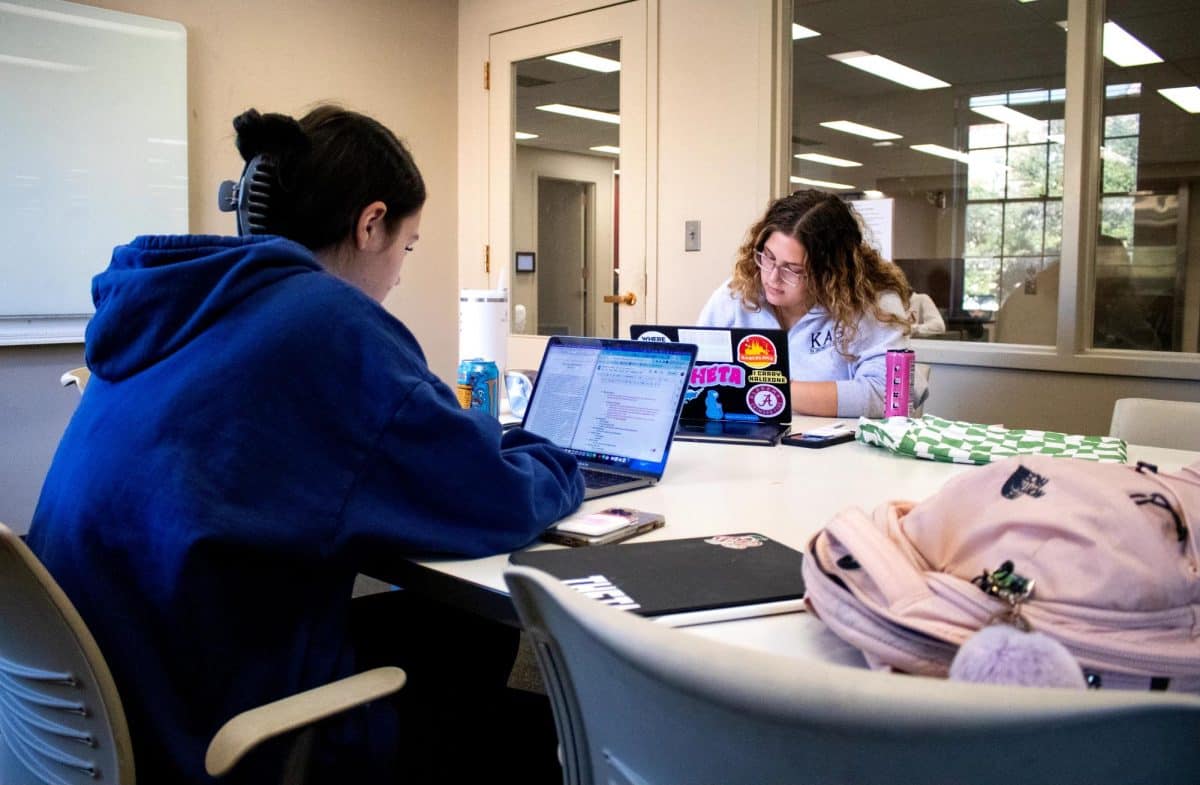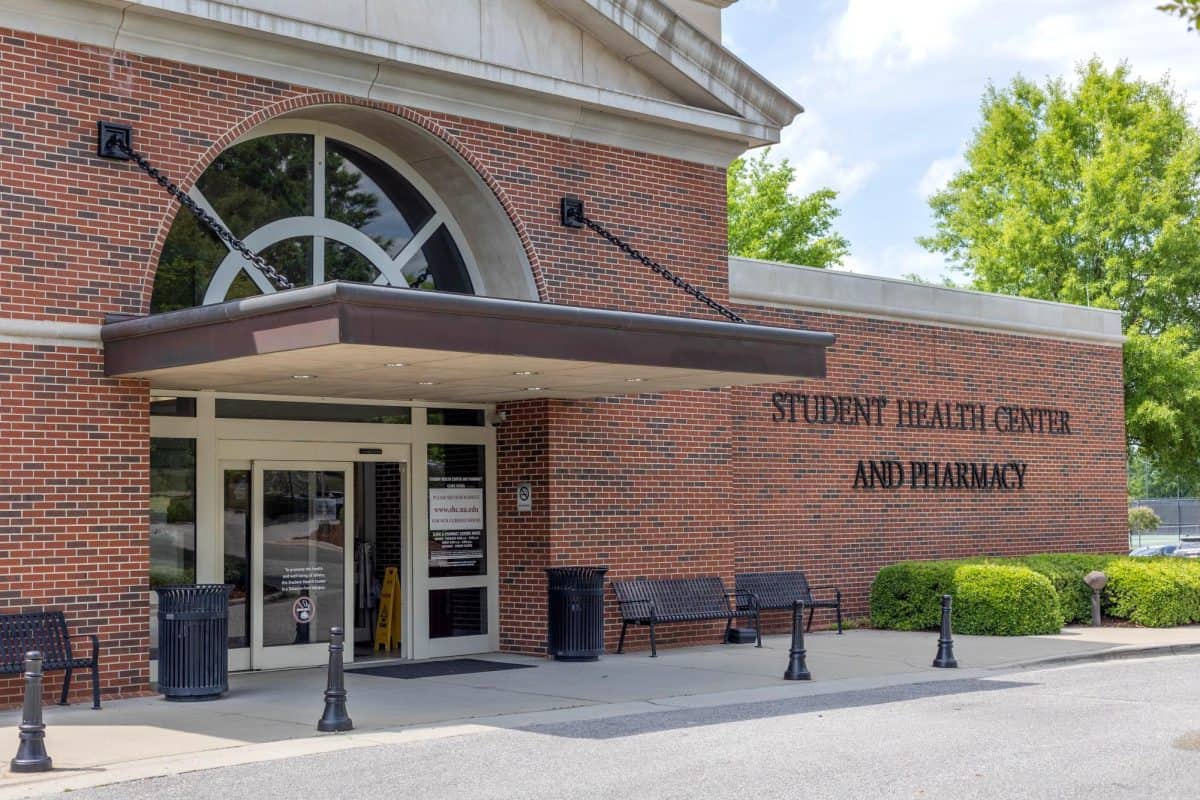Growing up, I spent every major and non-major holiday in Hurley, Mississippi. With an astounding population of 1,391, locals would tell you that it’s on an upturn. Anytime a friend or teacher would ask my travel destinations over break, I’d tell them Mobile, Alabama, because a little white lie of about a 40-minute drive is much easier than trying to explain where in the world Hurley is.
It’s quiet, and each visit back feels a little bit quieter. The first turn into the town, you’re greeted with oak trees that form a canopy over the street, like a rolled-out red carpet for each and every new guest. The Food Tiger is the only grocery store, and more often than not it’s a booming social scene with reunions and “haven’t seen you in a while”s. Checkout can take anywhere from 10 minutes to two hours, not at all dependent on how much you were buying, but rather on who was checking you out.
There’s one high school, and my mother could still tell you the first and last name of everyone she graduated with. She still follows them on Facebook, too. Everyone knows everyone, in good ways and bad. My mother may know the dirt on her old best friend’s second-cousin’s daughter, but she’ll turn around and bring that daughter a casserole and offer condolences when she experiences tragedy.
The South is known for its oral tradition, passing down stories for generations to come. Stories that only come out in the seemingly insignificant moments of day to day life. Some good, some bad, but for me, they’re bits and pieces that form a picture of a place I’ve called home my entire life.
The doors to my grandparents’ back porch have four-pane windows, and my mother used to tell me stories of popping a pane out with a Phillips-head screwdriver whenever she locked herself out. The blueberry bushes out back have bloomed every year for as long as I can remember. Days in the summers are spent filling up old Cool Whip containers with the best picking, while nights are for making cobbler with our harvest and spreading small-town gossip while doing so.
My grandpa’s game of choice was gin rummy. At 8 years old I played and heard stories of the hands that sent people on hospital during his days at the shipyard. We played for candy rather than cash, and I constantly lost; I didn’t really mind, however, because for every round I begged for redemption, I got to hear a new chapter to the book of my grandpa’s past. Before he was grandpa, back when his bright hair donned him the nickname Red. Stories that we would’ve never slowed down to talk about otherwise.
I never did meet the tenants of the first house on my grandparents’ street, but I knew the names of all their dogs and chickens. Tripod the three-legged dog used to chase me back up to my house as a kid whenever I wandered that way. As a kid it scared me to death, but now as an adult I like to think that he was guiding me back to where I was supposed to be. It has been years since he passed, but I still instinctively check for him every time before I get out to the main road.
My grandma’s kitchen is painted bright yellow, with deep-brown paneling on the cabinets. It’s always hotter than every other room in the house, and there’s an old clock on the wall that ticks so loudly you could hear it outside and a kitchen table that’s on its last leg but that no one would dare replace. As a kid, I wondered why the adults would spend so much time there; I now realize it’s because that area is the heart of the house. It’s always filled with warmth from an oven older than me and a stained glass window. It’s a peaceful feeling to sit at a table you’ve sat down for dinner at every year of your life in a house your grandparents built, their first and only home together.
The South often gets a bad rap. And I’m not here to prove its innocence. The South is not the healthiest, it’s not the smartest and it’s not the most progressive.
But past all the hatred that has been historically harbored in the South, there are places like Hurley, where the pastor and his husband are invited to everyone’s family dinners and where people attend funerals for children of friends they never met because a church during a funeral should always be full.
The South isn’t perfect by a longshot. But the perfect parts of it can teach us more than we believe. To take life slowly, not rush through it to get to where we think we need to be. To be kind to strangers, as you never know what someone is going through behind closed doors. To take life in as it comes, since you never know how long it’ll stay. And to have faith that there is still good in the world — that people (and pets) are looking out for one another. While it may have 70-degree Christmases and push proper grammar aside for an accent’s sake, there’s a thing or two the world could learn from the South.









